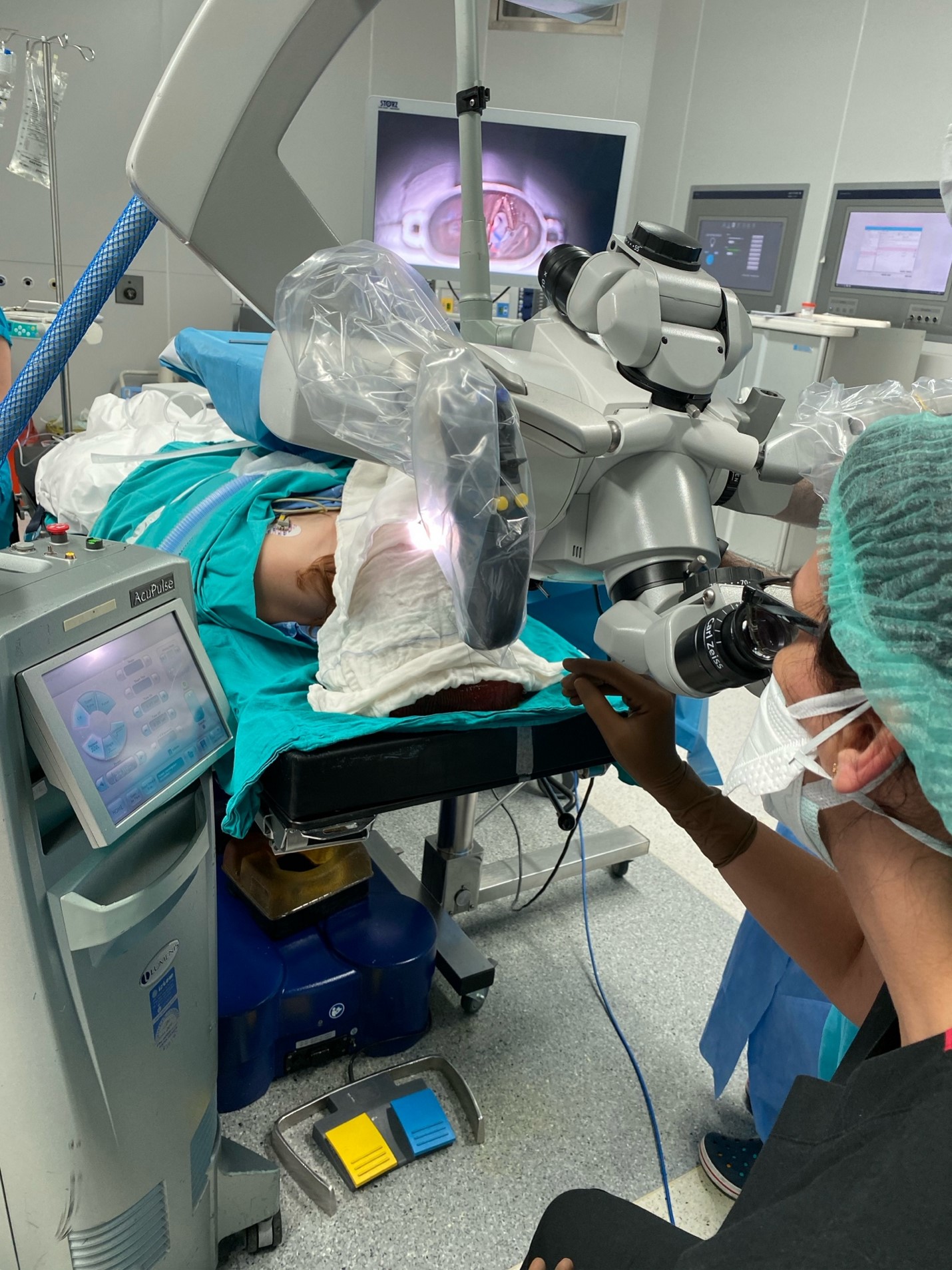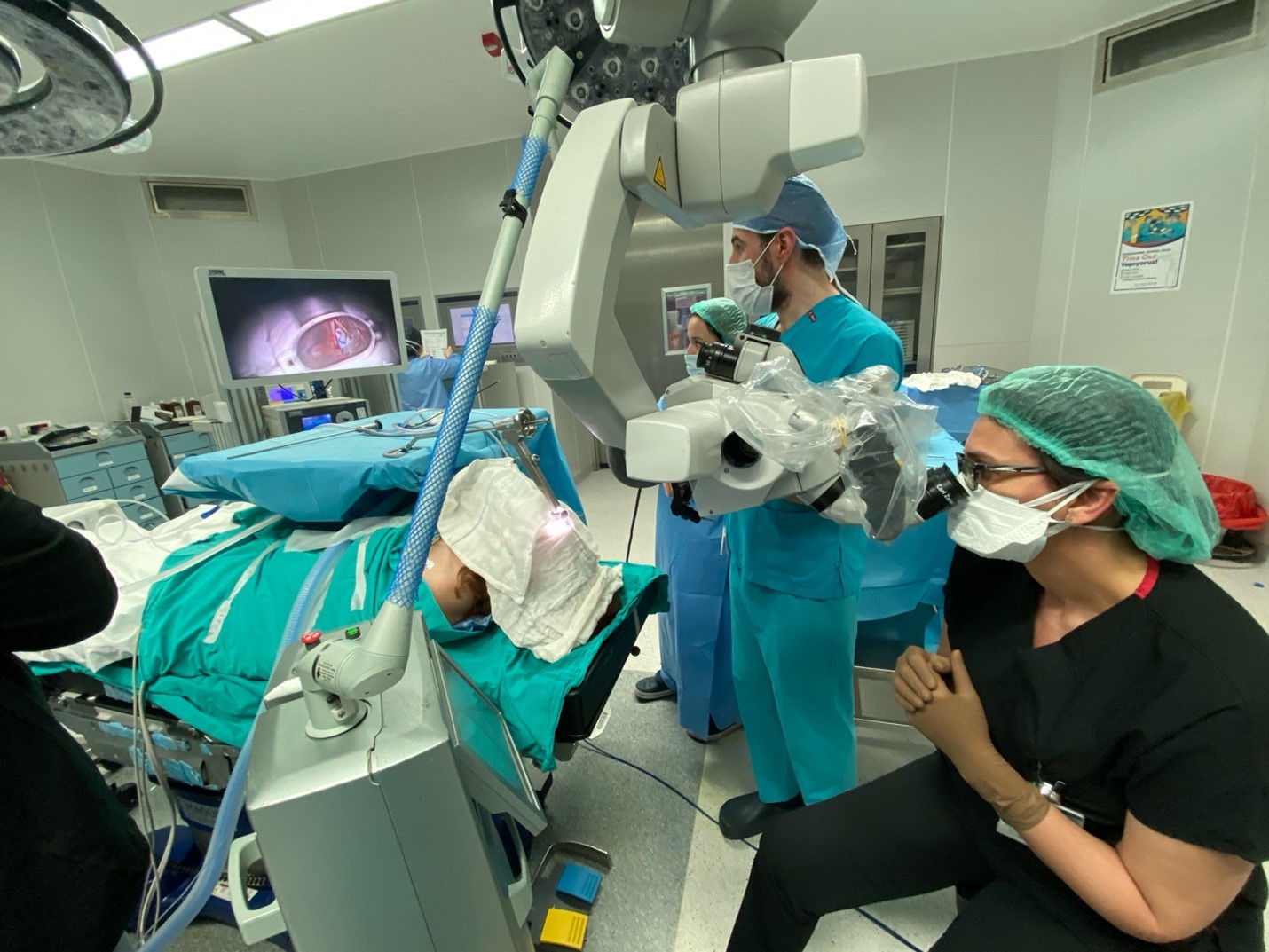Vocal Cord Surgery, Our voice is not only a means of communication but also an integral part of our identity, emotions, and professional life. Therefore, problems occurring in the vocal cords can have significant physical and psychological effects. Although vocal cord surgery is an effective method in solving these issues, it can be a source of concern for patients. So, what should we expect in this process?
Before the Surgery: The Preparation Process
Surgery is usually recommended in cases of persistent hoarseness, structural abnormalities such as polyps or cysts, or movement disorders of the vocal cords.
Here are the steps that await you before the operation:
- Endoscopic examination of the vocal cords: Performed for a detailed evaluation of your vocal cords.
- Voice therapy recommendation: In some cases, voice therapy may be tried before surgery.
- Anesthesia assessment: An anesthesiologist evaluates you before the surgery and orders necessary tests.
- Time to ask questions: Don’t hesitate to ask your doctor any questions about the surgery during this period.
During the Surgery: What Happens?
Vocal cord surgeries are typically performed using a closed technique called microlaryngoscopy, through the mouth. It requires high precision under a microscope. Endoscopic systems and lasers are also used during the procedure.
- It is performed under anesthesia (general anesthesia).
- The vocal cords are accessed through the mouth.
- The problematic tissue is carefully removed or corrected.
- The procedure is completed without any external (neck) incisions.

After the Surgery: Recovery and Voice Care
It is very important to allow the vocal cords to heal after surgery.
- Complete voice rest is usually required for the first 3–7 days. This means no speaking, whispering, or throat clearing.
- Then voice therapy begins. It is very helpful in regaining the voice in a healthy way and avoiding strain.
- Drinking plenty of water and avoiding smoking and irritants positively affect the healing process.
- Follow-up examinations: The condition of the vocal cords is monitored with regular check-ups after surgery.

Remember
When performed by skilled hands, at the right time, and in cooperation with the patient, vocal cord surgery can yield highly successful results.
If you have been experiencing persistent hoarseness, vocal fatigue, or strain in your voice, the most appropriate step would be to consult an ENT specialist for an examination.
Stay healthy and keep your voice strong!
Prof. Dr. Elif Aksoy
Otolaryngology Specialist


